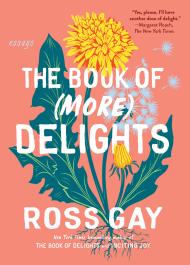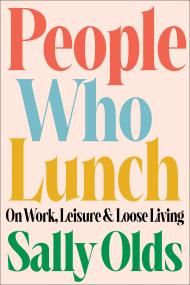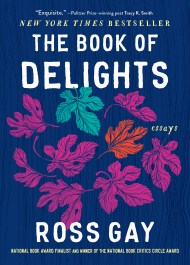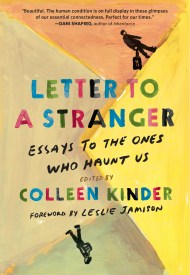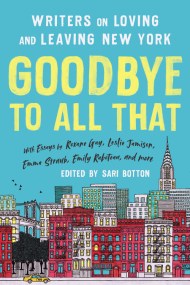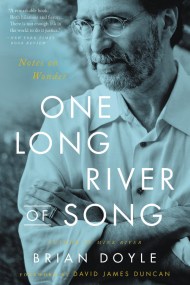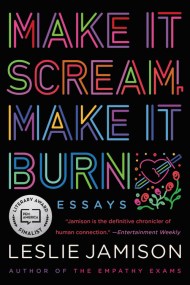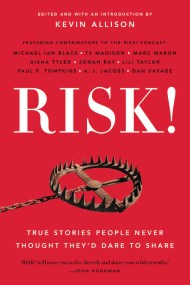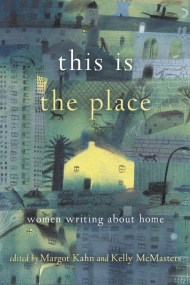Shopping Cart
Description
Brilliant, dazzling, never-before-collected nonfiction writings by "one of America's most daring and talented writers" (Los Angeles Times Book Review): Both Flesh and Not gathers fifteen of Wallace's seminal essays, all published in book form for the first time.
Never has Wallace's seemingly endless curiosity been more evident than in this compilation of work spanning nearly 20 years of writing. Here, Wallace turns his critical eye with equal enthusiasm toward Roger Federer and Jorge Luis Borges; Terminator 2 and The Best of the Prose Poem; the nature of being a fiction writer and the quandary of defining the essay; the best underappreciated novels and the English language's most irksome misused words; and much more.
Both Flesh and Not restores Wallace's essays as originally written, and it includes a selection from his personal vocabulary list, an assembly of unusual words and definitions.
Never has Wallace's seemingly endless curiosity been more evident than in this compilation of work spanning nearly 20 years of writing. Here, Wallace turns his critical eye with equal enthusiasm toward Roger Federer and Jorge Luis Borges; Terminator 2 and The Best of the Prose Poem; the nature of being a fiction writer and the quandary of defining the essay; the best underappreciated novels and the English language's most irksome misused words; and much more.
Both Flesh and Not restores Wallace's essays as originally written, and it includes a selection from his personal vocabulary list, an assembly of unusual words and definitions.
Praise
Praise for Both Flesh and Not:
"Scarily astute. . . . Published originally between 1988 and 2007, these essays demonstrate Wallace's interdisciplinary approach to both pop culture and abstruse academic discourse...For Wallace devotees, these essays are required reading."
—Booklist
On David Foster Wallace:
"The Best Mind of His Generation"
—A.O. Scott, New York Times
"A prose magician, Mr. Wallace was capable of writing...about subjects from tennis to politics to lobsters, from the horrors of drug withdrawal to the small terrors of life aboard a luxury cruise ship, with humor and fervor and verve. At his best he could write funny, write sad, write sardonic and write serious. He could map the infinite and infinitesimal, the mythic and mundane. He could conjure up an absurd future...while conveying the inroads the absurd has already made in a country where old television shows are a national touchstone and asinine advertisements wallpaper our lives."
—Michiko Kakutani, New York Times
"One of the most influential writers of his generation."
—Timothy Williams, New York Times
"A novelist with the industrial-strength intellectual chops to theorize even our resolutely anti-intellectual age....Wallace's ear for dialogue was unmatched in contemporary fiction."
—Lev Grossman, Time

